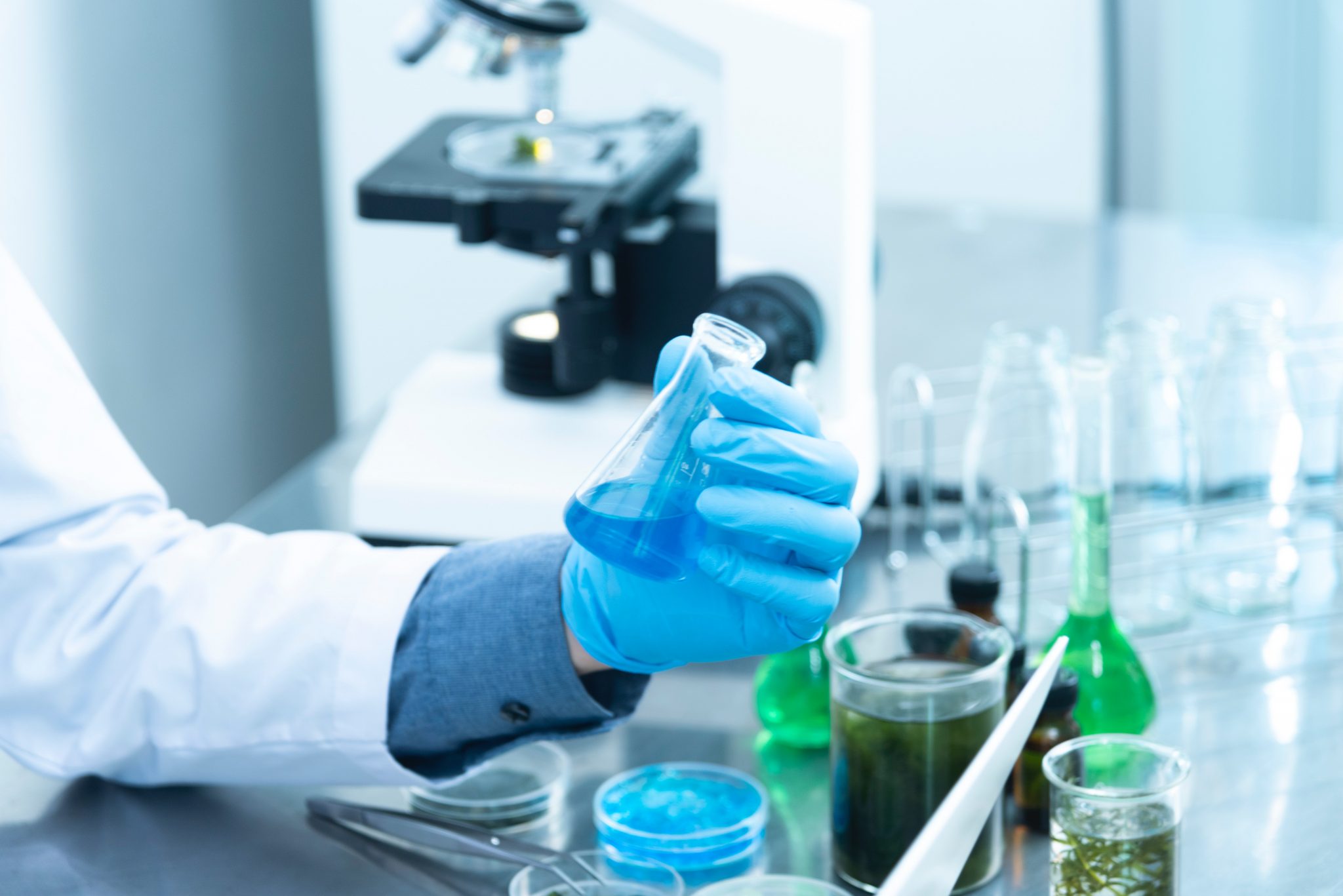The University of Maryland is partnering with Montgomery County to develop a new biotech campus near the North Bethesda Metro Station that will open in 2023.
The new facility will be yet another biotech stakeholder in the county, which is one of the richest biotech hubs in the nation. The university’s campus will join federal research laboratories, including the National Institutes of Health and the Food and Drug Administration, and significant private sector companies such as GSK plc and AstraZeneca.
The new campus, named the University of Maryland 3 — Institute for Health Computing, will focus on life sciences research.
The institute is scheduled to open at a temporary location in the first half of 2023 before moving to a permanent location by 2028 near the North Bethesda Metro Station, according to Tom Lewis, who is leading the project.
While the exact specifications are being finalized, Lewis expects the campus to be between 20,000 and 25,000 square feet. The campus will begin with about 20 employees before scaling up to almost 100 employees in 18 months.
[UMD SGA learns about administrative platform that will replace Testudo]
Montgomery County Executive Marc Elrich said expanding into life sciences research, machine learning and data visualization research will allow the county to strengthen its national standing among biotech centers.
“I saw this as an opportunity to really spark growth in the life sciences industry, particularly using new tools,” Elrich said.
In addition to providing critical research, the university and Elrich hope the health computing institute provides opportunities for researchers looking for business opportunities.
Alexander MacKerell, a professor in the pharmacy school at the University of Maryland, Baltimore, said having more resources will lead to more researchers moving academic projects to commercial entities, which will have cascading effects on the economy.
“The ability to translate developments in the basic sciences in labs and universities into startup companies that generate economic activity in the state and employ people is obviously very important,” he said.
[Global Entrepreneurship Week at UMD highlights importance of inclusivity, diversity]
MacKerell, who also co-founded SilcsBio, a computer-aided drug design software startup, said the new campus will enable researchers to take more risks in their startup initiatives due to its low cost and accessibility.
Elrich said he hopes the campus will drive other biotech-oriented companies into the area.
“I hope we get a presence of companies in a great compact area where they influence each other, they share ideas, and the people that work there want to be there and don’t feel like they’ve been dragged some place they don’t want to be,” Elrich said.
Development plans for the health computing institute have been years in the making, spanning multiple jurisdictions. The University of Maryland Strategic Partnership, a collaborative effort between this university and the University of Maryland, Baltimore, led the initiative to create a first-of-its-kind partnership between the university and Montgomery County.
Elrich, a University of Maryland alum, pointed to the University of Virginia’s proximity to Amazon’s second headquarters as an example of the importance of local jurisdictions collaborating with state schools.
“We look at assets we have, opportunities we have,” Elrich said. “We’ve got this growing industry here, these are the things they feel they need.



